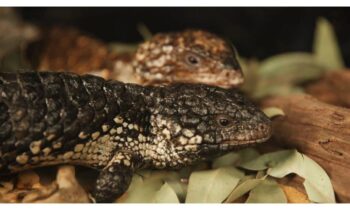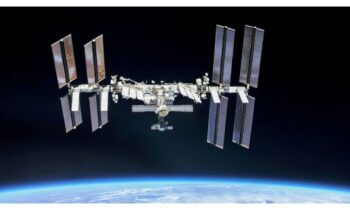This week, two asteroids the size of buses will pass close to Earth without causing any harm. The first one is 2024 JF, a space rock that is predicted to fly by on Monday evening, May 6, measuring 7 meters (22 feet) in length.
The closest approach of 2024 JF is predicted by astronomers to occur tonight at 8:04 p.m. ET (1204 GMT on Tuesday). The asteroid 2024 JR1, measuring 10 meters (32 feet) in length, is predicted to come closest to Earth on Tuesday, May 7.
Thanks to the Virtual Telescope Project, you may witness both interactions live beginning on Monday at 3:30 p.m. ET (0730 GMT).
At its closest approach, the first space rock will be approximately 295,000 miles (475,000 kilometers) from Earth, based on predictions from Asteroid Watch, a NASA Jet Propulsion Laboratory dashboard of near-Earth asteroids and comets. It monitors objects whose orbits pass close to Earth—4.6 million miles or 7.5 million kilometers—or almost 20 times the moon’s distance.
Three days after its discovery, 2024 JR1 will approach Earth at a closer range of roughly 184,000 miles (296,000 kilometers). The space rock will be closer to Earth than the moon, which is typically more than 230,000 miles away (370,000 kilometers) at its closest point. At the time of closest approach, the asteroid will be in the constellation Ursa Major, while 2024 JF will be in Boötes, according to a news article.
Just one week after being detected, two days after the two space rocks mentioned above speed past Earth, another space rock known as 2024 JD will approach from a distance of around 172,741 miles (278,000 kilometers). Despite being closer to Earth than the moon, 2024 JD is not a threat to Earth, unlike the other two asteroids.
According to the Watchers, around forty asteroids have been discovered by astronomers this year alone whose orbits have secretly passed between Earth and the moon. To present, NASA has catalogued around 35,000 near-Earth objects, very few of which really pose a threat to Earth.



